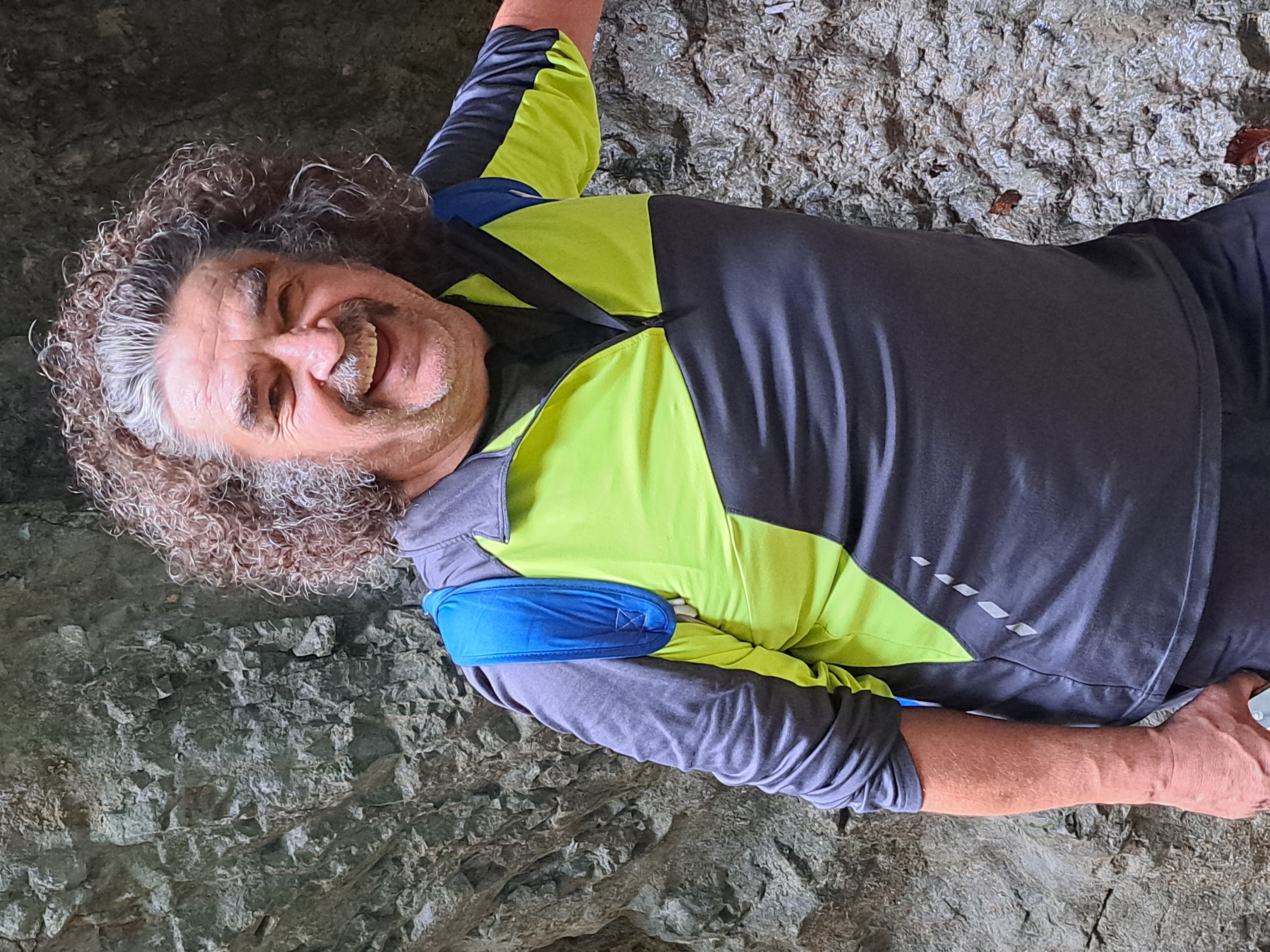Prof. Dr. Károly Penksza - MATE Research
Overview
Károly Penksza’s research areas include flora and vegetation of rivers, investigating the role of grasses (Festuca, Poa species), their ecotypes and management, the effects of grazing and trampling on grasslands and connections with nature conservation, investigating the relationship between the effects of changing environmental factors along the climate gradient along the Danube on the composition and production of sandy grasslands, as well as on some physical, chemical and biological soil properties and the role of extensive livestock husbandry in sustainable turf management in the context of fighting against the impacts of climate change.
Research keywords:
Publications
Examination and analysis of grassland
https://www.scopus.com/record/display.uri?origin=inward&eid=2-s2.0-85161552939
https://www.webofscience.com/wos/woscc/full-record/000801249800001
https://www.webofscience.com/wos/woscc/full-record/000833771200001
Examination of the taxonomy of grasses and the analysis of the types of vegetation
https://www.webofscience.com/wos/woscc/full-record/000622502300001
https://www.webofscience.com/wos/woscc/full-record/000643105600016
https://www.webofscience.com/wos/woscc/full-record/000602168800001
Projects
Project no. 1.: Investigation of the relationship between the effects of changing environmental factors along the climate gradient along the Danube on the composition and production of sandy grasslands, as well as on some physical, chemical and biological soil properties
The sandy areas along the Danube River with extreme dry, unfavourable conditions might have diffuse or sudden variations in the composition and value of the grass and other biomass causing challenge to planning and managing land use. The objective of the proposed research is to understand relationships between the climatic gradient, the soil conditions and the grassland characteristics including floristic composition, ceonology, and feed value. The established relationships could be applied for proper management and planning. One of the major objectives of the proposed research is to combine the pedological and botanical knowledge to understand the impact of the climatic gradient. Based on our preliminary studies, three Festuca taxa are assumed to occur on the open sandy grasslands subject to the study.
Project no. 2.: The role of extensive livestock husbandry in sustainable turf management in the context of the fight against impacts of the climate change
During climate change, dry grasslands with poor soil conditions which can be utilized for agriculture only through grazing are expected to become increasingly important as a forage and food base, and their economic importance is expected to grow. In addition, these natural grasslands are also very important for their role in carbon retention. This research will characterise the species composition of our native extensive pastures, focusing on the cover values, biomass production, biomass values, tissue structure and microelement content of the dominant, constant, small fescue species (Festuca vaginata, F. rupicola, F. valesiaca, F. pseudovina, F. wagneri, F. pseudovaginata). We will monitor the changes in biomass and nutritional values of these species of grassland vegetation and we will also observe the changes in these values of the dominant Festuca species.





